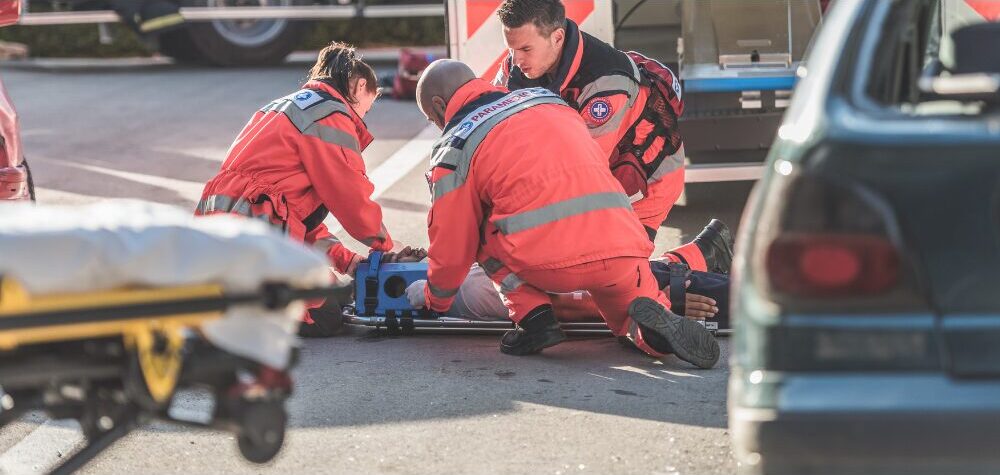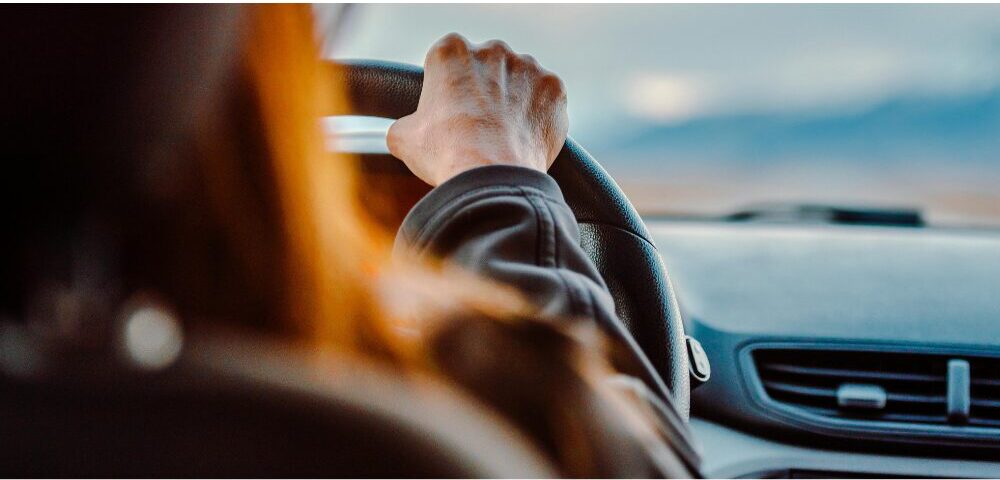
(CNN) — You're riding in a driverless car with a loved one. It's cruising down a one-way, single-lane road with a barricade to the left and a wall to the right. Just a few feet ahead, three pedestrians are hurrying across a crosswalk even though it's flashing a red signal. The driverless vehicle's wheels are faster than the pedestrians' feet, and a collision is inevitable.
What should happen next? Should the vehicle know to swerve into a wall and sacrifice its passengers to avoid the pedestrians, or should it protect its passengers at all costs?
A new study, published in the journal Science on Thursday, presented that scenario, and others, to about 2,000 people in a series of six surveys.
The surveys revealed that the majority of respondents believed autonomous vehicles should be programmed to be "utilitarian," attempting to save the most lives (in this case, the pedestrians) while sacrificing as few as possible (the passengers), said Jean-Francois Bonnefon, a psychological scientist at the Toulouse School of Economics in France and a co-author of the study.
Yet, most respondents also indicated that they would not want to purchase a vehicle that was programmed to be utilitarian.
The surveys showed that 76% of respondents believed it is more moral for a driverless vehicle to sacrifice one passenger rather than 10 pedestrians when faced with such a scenario. However, 81% of respondents said they would rather own a car that protected them and their family members at all costs.
For the study, conducted between June and November, 1,928 survey respondents were recruited online and presented with crash scenarios as well as questions gauging their personal opinions about riding in an autonomous vehicle and their likelihood of buying one.
To read the entire article, follow this link: http://www.cnn.com/2016/06/23/health/driverless-cars-safety-public-opinion/?iid=ob_homepage_deskrecommended_pool


